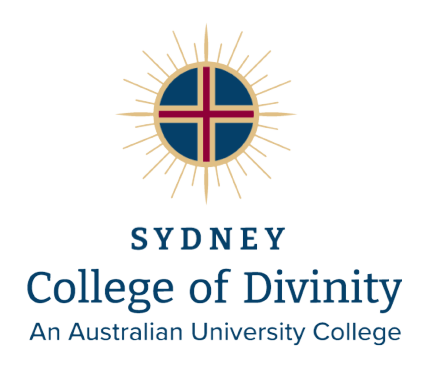B8150 – Introduction to the New Testament
Unit Code
B8150
Unit Name
Introduction to the New Testament (postgraduate)
Unit Weighting
9 Credit Points
Type of Unit
Foundational
Prerequisites, corequisites or exclusions
Nil
Academic Staff
Rev Fr. Dr. Paul Fanous BSc (UNSW), MBBS (USYD), MTh (UON), DMin (PTS)
Curriculum Objectives
This course unit introduces students to the critical study of the New Testament, its literary forms, historical and cultural contexts and theological themes. It provides a solid foundation for further biblical and theological study. This course unit introduces the study of the New Testament to the student. It will discuss the many different approaches to studying and understanding the New Testament and scripture in general, and will suggest an approach to the New Testament, with a particular look at the Orthodox method of scriptural interpretation. The course will also examine some key themes in the New Testament, and the Orthodox understanding of these themes and issues. This course aims to equip students with a clear framework of Biblical interpretation, as a basis for their continued studies.
Learning Outcomes
1. articulate a thorough knowledge of the contents of the New Testament
2. assess the historical, social and cultural context of the New Testament
3. demonstrate well-developed exegetical skills in critical interpretation of New Testament texts
4. integrate significant secondary literature into formal critical essays on the books of the New Testament
5. relate the fruits of New Testament studies to a range of life and ministry situations
During this course unit, students may acquire the following threshold concept. This concept is fundamental to a proper understanding of the unit or course. It is essential for further progress in the discipline. It is often troublesome for students.
The books of the New Testament are works of literature, written and received in a particular historical period, for a distinct religious purpose.
Content
1. Contents of the New Testament
2. Historical, cultural, political and religious contexts of the New Testament materials
3. The literary nature of the New Testament
4. Key methodologies and approaches to Biblical interpretation and critical issues
5. Developing skills in exegesis and writing an exegetical essay
6. Identification and analysis of key New Testament themes
Unit Weekly Schedule
| Week 1 | Introduction – What is the New Testament and why study it? |
| Week 2 | The World of Early Christianity – Historical, cultural, political and religious contexts of the New Testament |
| Week 3 | Methods of Biblical interpretation – The critical problem of criticism |
| Week 4 | Introduction to the Gospels – The synoptic problem and its solutions |
| Assignment/Task 1 | |
| Week 5 | The Second Gospel of Luke – The Acts of the Apostles |
| Week 6 | St John – His Gospel and Epistles: A parenthetical message |
| Week 7 | The Pauline Corpus – Some case studies |
| Week 8 | The Interpretation of St Paul – A misunderstood prophet |
| Assignment/Task 2 | |
| Week 9 | The Other New Testament Books – A look at the apocalypse |
| Week 10 | New Testament Theme 1 – New Testament Christology |
| Week 11 | New Testament Theme 2 – The Kingdom |
| Week 12 | New Testament Theme 3 – St Mary in the New Testament |
| Assignment Task 3 |

